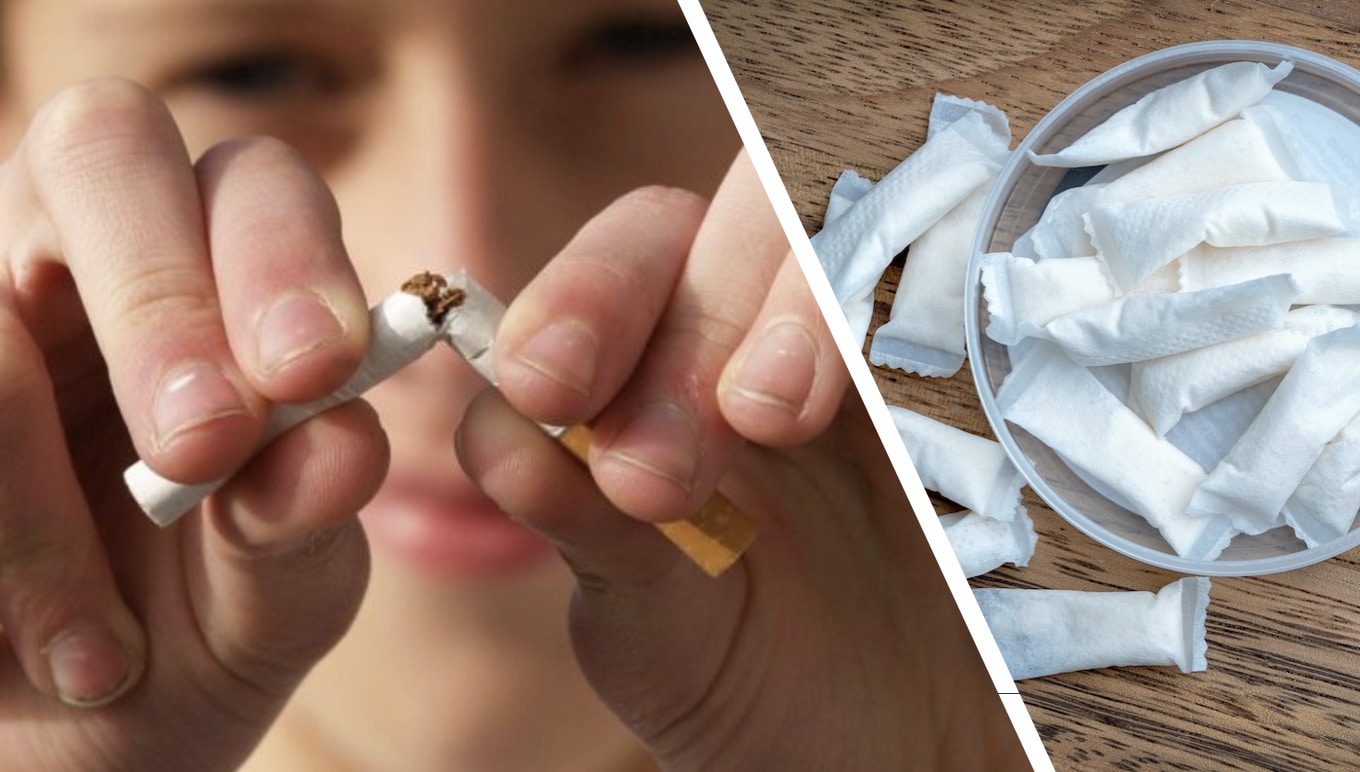
New study: Nicotine pouches have 99% lower toxicity than cigarettes
A new scientific study from Imperial Brands tobacco company has found that nicotine pouches expose users to levels of toxic substances that are 99 percent lower compared to cigarettes.
Scientists at Imperial Brands examined the harmful effects of various nicotine products, including nicotine pouches and cigarettes. And the results are striking.
Substantially lower toxicant levels
Among other things, the study reveals that:
- Tobacco-free nicotine pouches contain substantially lower levels of several toxicants compared to combustible cigarette smoke
- The levels of toxicants in nicotine portions meant a reduction of more than 99% on average compared to cigarettes.
- Nicotine portions offer a satisfactory alternative to cigarettes and help reduce adult smokers’ desire to smoke
“Tobacco harm reduction (THR) products not only need to be deemed as satisfying alternatives to combustible tobacco by adult smokers,” Dr. Grant O’Connell, Head of Harm Reduction Science at Imperial Brands, tells Snusforumet.
“They also have to be scientifically substantiated as harm reduced and pass regulatory scrutiny and ideally be advocated by public health bodies to drive consumer confidence and trust.”
A rigorous scientific framework
What’s involved in this sort of study?
We apply a rigorous Scientific Assessment Framework to all our next-generation nicotine products, with elements including product characterisation science, biological science, clinical science, population health science, and perception & behavioural science.
All our new products proceed through this framework in order to assess and validate their tobacco harm reduction potential.
In this particular case, the scope of the project stemmed from a desire to focus on our commitment to contribute to the growing body of scientific evidence of this nascent category.
The research also helps us further establish the category’s position on the ‘continuum of risk’, which categorises each new product’s tobacco harm reduction potential based on current scientific evidence relative to combustible tobacco.
Why is tobacco harm reduction important to Imperial?
While the best course of action any adult smoker can take to improve their health is to stop smoking and nicotine consumption completely, many are uninterested or unwilling to take this step. Imperial Brands agrees with the growing number of public health bodies and regulators who advocate that adult smokers transitioning to next-generation products remains the next best course of action.
The increase in awareness of the risks associated with smoking tobacco and the advent of new nicotine products through technological advances has resulted in increased adult smoker demand for these products.
‘A belief in adults’ right to choose to consume nicotine’
What do you say to critics who claim tobacco harm reduction is just a way for tobacco companies to profit from people’s addiction to nicotine?
We believe in adults’ right to choose to consume nicotine in whatever product format they choose. We need to work with all manner of stakeholders to successfully raise adult smoker awareness of tobacco harm reduction, while also providing them with the choice to affordably access next-generation products that enable them to enjoy nicotine, but in a substantially less harmful manner.
We have state-of-the-art science and innovation facilities, and are committed to full transparency in conducting high-quality scientific research studies.
For example, we invite critique of our science through the process of peer-review in international scientific journals, and via the regular presentation of our research at international conferences.
What effect do you hope your findings might have on regulators currently considering different regulatory regimes for nicotine pouches?
We believe that our data alongside the published scientific literature clearly demonstrates tobacco-free oral nicotine pouches have significant tobacco harm reduction potential.
We hope our findings continue to build on the excellent base of scientific evidence laid by others – and that each successive study continues to help build advocacy and inspire further research.




